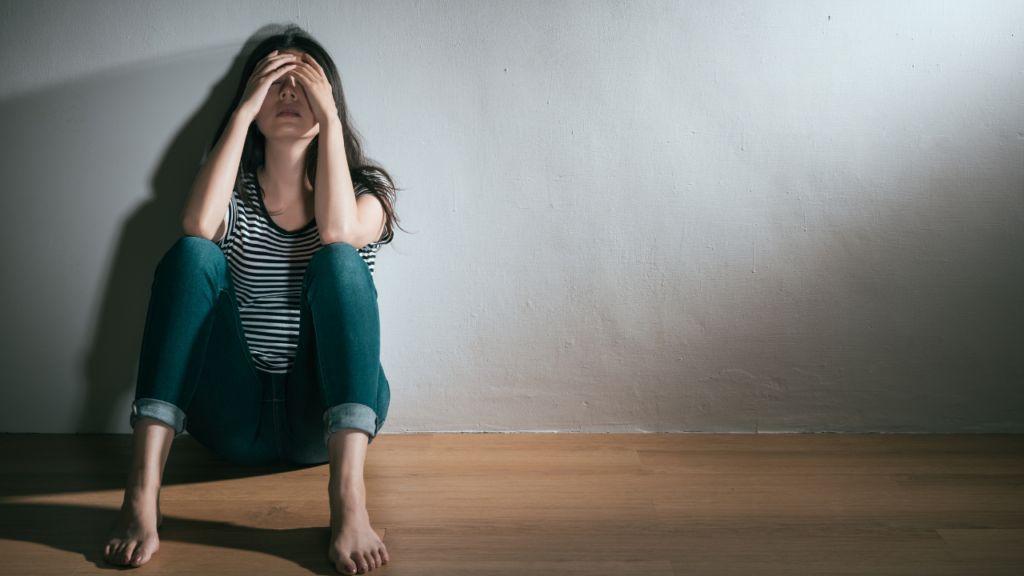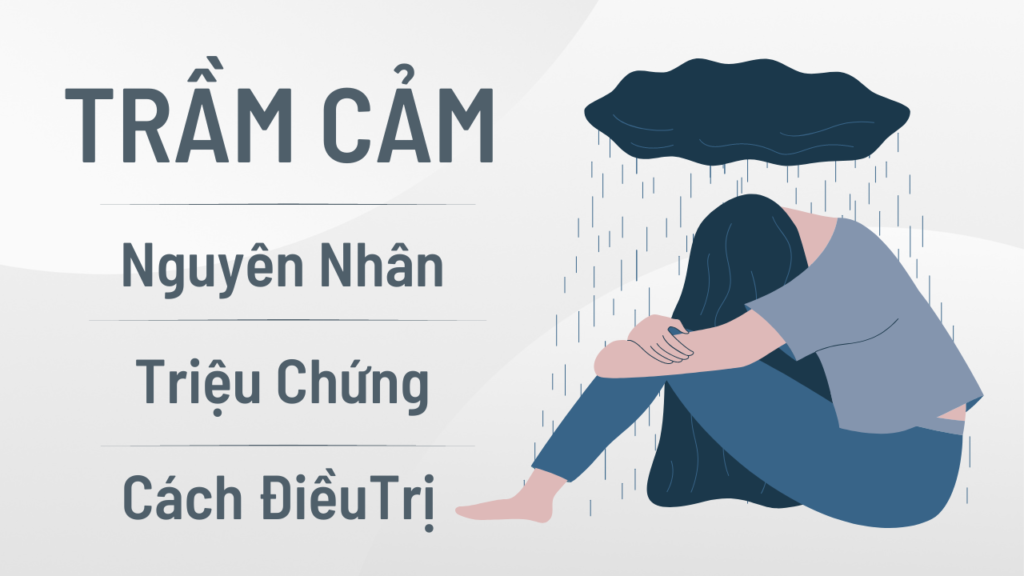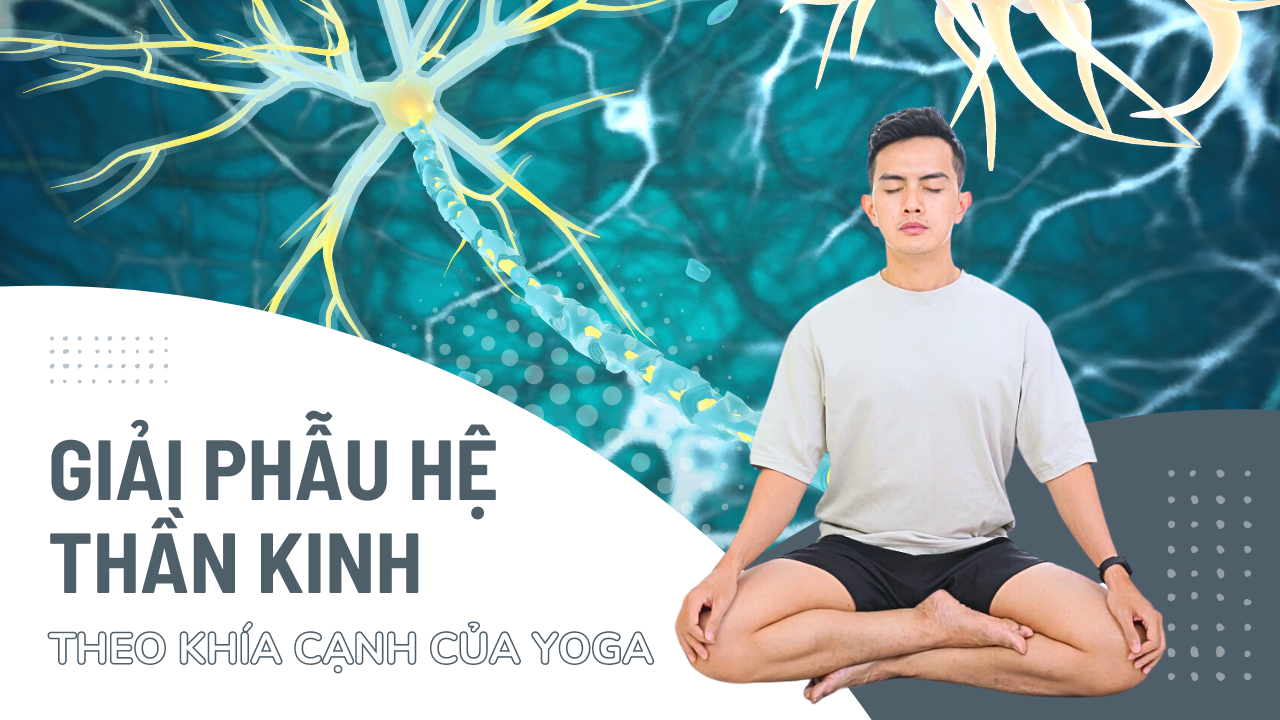Depression is a complex psychological health condition that affects millions of people worldwide. Despite being one of the most common mental illnesses, many people still suffer in silence.
Depression can impact all aspects of a person's life, including their relationships, work, and personal happiness. Understanding this issue and its impact on individuals is essential in providing support and care to those in need.
In this article, we explore the causes, symptoms, and treatment of depression, and offer ways to improve with this challenging mental health condition.
What is depression?

Depression is a mood disorder that causes persistent feelings of sadness and loss of interest. It affects the way you feel, think, and behave and can lead to many emotional and physical problems. You may have trouble performing normal daily activities, and sometimes you may feel as though life isn't worth living.
Types of depression
The American Psychiatric Association's Diagnostic Statistics for Mental Disorders classifies depressive disorders as follows:
Major depressive disorder:
Major depressive disorder means you feel sad, low, or worthless most days for at least two weeks. Other symptoms include difficulty sleeping, loss of interest in activities, or changes in appetite. This is the most severe form of depression and one of the most common.
Chronic depressive disorder (PDD):
A chronic disorder is mild or moderate lasting for at least two years. Symptoms are less severe than major depressive disorder.
Disruptive mood regulation disorder (DMDD):
DMDD causes irritability, chronic, intense tantrums and frequent outbursts of anger in children. Symptoms usually begin in a 10-year-old, and interfere with the child's activities at home, at school, or with friends.
Premenstrual mood disorder (PMDD):
With PMDD, you have symptoms of premenstrual syndrome (PMS) along with mood symptoms, such as extreme irritability, anxiety, or depression. These symptoms should improve within a few days after your period begins, but they can be so severe that it affects your life.
Disorder caused by another medical condition:
Many medical conditions can produce changes in your body that cause psychological distress. Examples include hypothyroidism, heart disease, Parkinson's disease and cancer. If you can treat the underlying condition, it usually improves.
Signs of depression
Symptoms of depression can vary slightly depending on the type and can range from mild to severe. In general, symptoms include:
- Feeling very sad, hopeless, or anxious. Children and adolescents with this condition may be irritable rather than sad.
- Not enjoying the things that used to bring joy.
- Easily irritated or frustrated.
- Eating too much or too little, can lead to weight gain or weight loss.
- Difficulty sleeping (insomnia) or sleeping too much (insomnia).
- Feeling without energy or often tired.
- Having trouble concentrating, making decisions, or remembering things.
- Experiencing physical problems such as headaches, abdominal pain or sexual dysfunction.
- Having thoughts of self-harm or suicide.
Causes of depression
Researchers don't know the exact cause. They think a number of factors contribute to this problem, including:
- Imbalance of neurotransmitters: Includes serotonin and dopamine, which contribute to the development of depression.
- Genetics: If you have a first-degree relative (natural parent or sibling) with depression, you are three times more likely to develop the condition than the general population. However, you can have depression without a family history of it.
- Stressful life events: Difficult experiences, such as the death of a loved one, trauma, divorce, isolation, and lack of support, can trigger depression.
- Medical conditions: Chronic pain and chronic diseases such as diabetes can lead to this disease.
- Medicine: Some medications can cause side effects. Substance use, including alcohol, will make the condition worse.
How to treat depression
Depression is one of the most treatable mental health conditions. Approximately 80% to 90% people with depression who seek treatment eventually respond well to treatment.
Common treatment options
Psychotherapy:
Psychotherapy (talk therapy) involves talking with a mental health professional. A therapist helps you identify and change unhealthy emotions, thoughts, and behaviors. There are many types of psychotherapy – cognitive behavioral therapy (CBT) is the most common. Sometimes, brief therapy is all you need. Others continue therapy for several months or years.
Drug use:
Prescription drugs called antidepressants can help change chemicals in the brain that cause depression. There are several different types of antidepressants, and it can take time to find the one that works best for you. However, there will be anti-depressants with side effects, so this method is not a perfect choice.
Complementary Medicine:
This includes treatments that you may receive alongside traditional Western medicine. People with mild depression or ongoing symptoms can improve their health with therapies such as acupuncture, massage, hypnosis, and biofeedback.
Brain stimulation therapy:
Brain stimulation therapy can help people with major depression or depression with psychosis. Types of brain stimulation therapy include electric shock therapy (ECT), transcranial magnetic stimulation (TMS), and vagus nerve stimulation (VNS).
Other ways to support treatment

- Exercise as often as a subject Yoga, meditation, jogging, aerobics, …
- Get the right amount of sleep (not too little or too much).
- Eat a healthy diet, or if possible, you can meet with a nutritionist to discuss and get a diet that is right for your body.
- Avoid drinking alcohol as it can be an indirect way to make your mood and body worse, leading to more severe depression.
- Spending time with the people you care about can be an effective way to rebalance your emotions and have a more positive outlook on life around you.
Nguyen hopes that the above sharing will be effective for your depression and help you make the right choice in treatment! In addition, Nguyen has many posts about Yoga and Health. Everyone please support and look forward to Nguyen in the near future!
References
https://www.webmd.com/depression/guide/depression-types
https://www.mayoclinic.org/diseases-conditions/depression/symptoms-causes/syc-20356007
https://my.clevelandclinic.org/health/diseases/9290-depression



